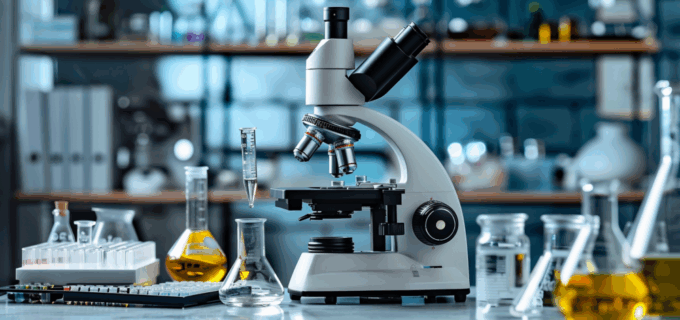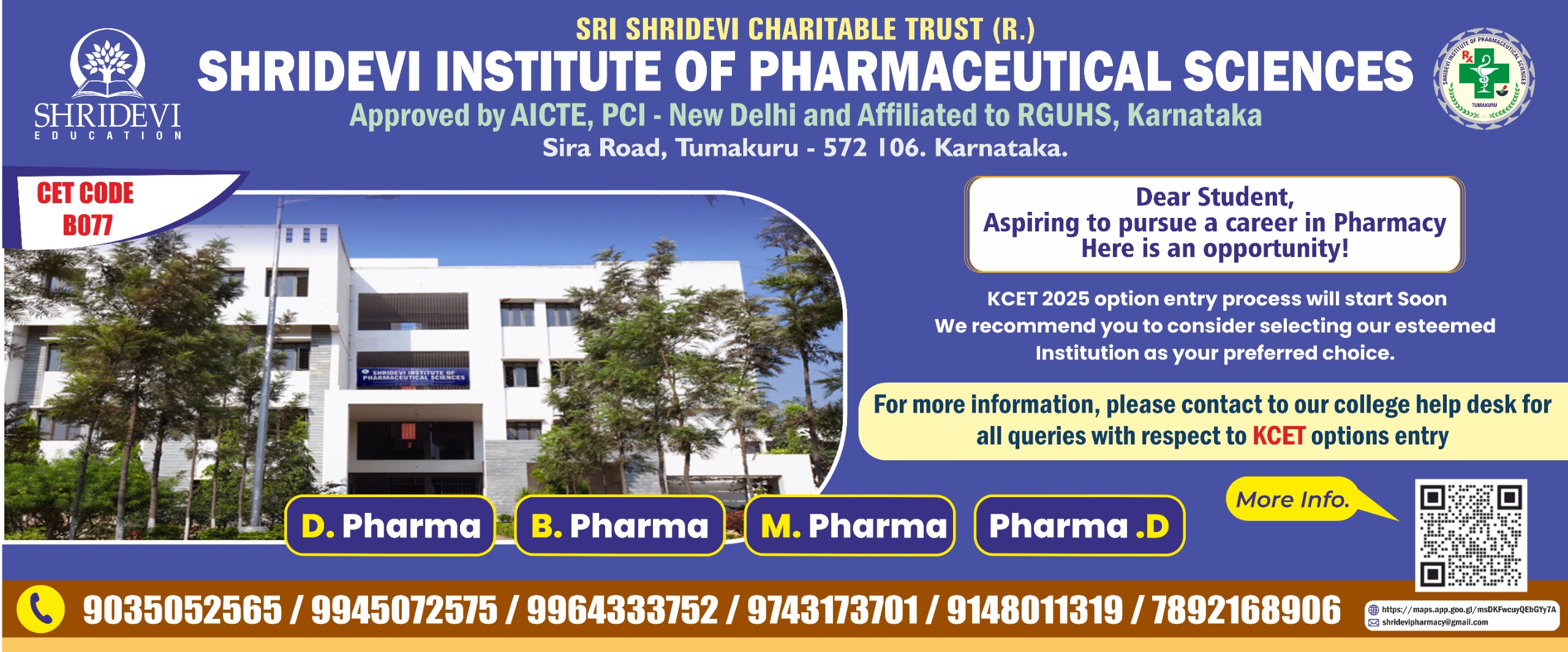Profession of Pharmacy is an integral part of the health care system. Pharmceutical services are becoming valuable day by day to the society and assumed of greater importance. The profession of pharmacy is reaching new heights and surely a person can built a bright future with pharmacy qualification.
It entails the preparation and the dispensing of drugs and medicine for the treatment of ailments. The Pharmaceutical Industry in India is booming and offers opportunities for tremendous professional growth. Pharmacists work in cohesion with medical practitioners, dentists and veterinarians to compose and disperse medication. Moreover, by shaping and molding the processes that guide production, development and quality control of drugs, Pharmacists render necessary information to Physicians for effective patient treatment. Further, the profession enables one to set up independent practices after registering with the State Pharmacy Council of India. Our graduates have a wide array of career avenues open to them across private and public sectors in universities, research institutes, and hospitals.
Shridevi institute of pharmaceutical sciences was established in the year 2019 and is involved in imparting quality education. All courses in Pharmacy are approved by Pharmacy Council of India, affiliated to Rajiv Gandhi University of Health Sciences, Karnataka.


Courses Offered
Pharm D.
Duration: 6 Years (5 years study in the college and 1 year internship in the hospital)
Eligibility: Pass in 12th standard / Pre-University Course / Higher Secondary Course / Intermediate with Physics and chemistry subjects.
Attendance: A minimum of 80% attendance in both theory and practical classes is mandatory for getting eligibility for sessional and University
Internal Assessment marks: During each academic year three sessional examinations in both theory and practical papers will be conducted for a maximum of 30 marks and an average of the best two marks will be considered to qualify for the annual examination.
Minimum marks for passing Examination: 50% of marks in each subject is compulsory for pass in annual examination.
M. Pharm
Duration: Two years
The course is divided into four semester of 6 months each. First and second semesters deal with course work and semesters three &four deal with project work.
Eligibility: A candidate should have passed B. Pharm degree examination of Rajiv Gandhi University of Health Sciences or B. Pharm degree from any other University recognized by PCI with 55% of marks.
Attendance: A minimum of 80% in both theory and practical (regular) class is essential to be eligible for sessional as well as annual exams.
Specialisation available:
- Pharmaceutics
- Pharmacology
- Pharmaceutical Regulatory Affairs

B. Pharm
Minimum qualification for admission First year B. Pharm:
Passed in 2nd PUC / 12th Std with Physics, Chemistry and Biology or Physics, Chemistry and Mathematics and obtained a Minimum of 45% of Marks in aggregate in Physics, Chemistry, Biology subjects. (40% for SC, ST, Cat-1, 2A, 2B, 3A and 3B category candidates) OR Passed in Diploma in Pharmacy Examination from an institution approved by the Pharmacy Council of India Under Section 12 of the Pharmacy Act and has secured minimum of 45% marks. (40% for SC, ST, Cat-1, 2A, 2B, 3A and 3B category candidates)
D. Pharm
Minimum Qualification for admission to Diploma in Pharmacy is passing in any of the following examination with Physics, Chemistry and Biology or Mathematics.
- Intermediate examination in Science
- 10+2 Examination (academic Stream) in Science
- Pre-degree examination
- Any other qualification approved by the Pharmacy Council of India as equal to any of the above examinations
